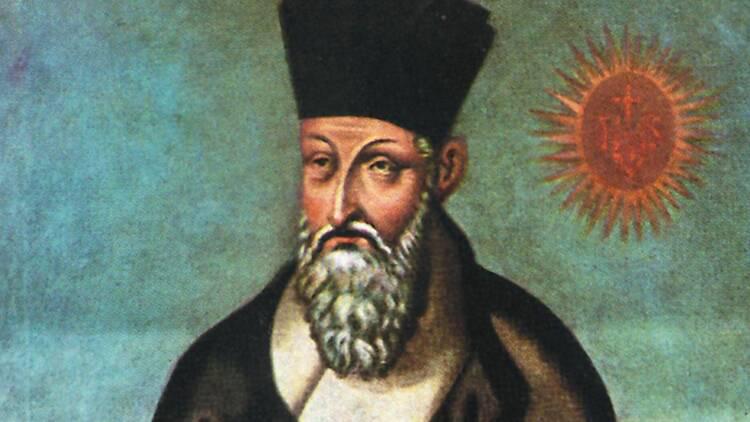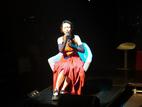“Matteo Ricci is a paragon of cultural exchange between China and the West,” said a scholar.
In the conference themed “Individuals, Organizations, and Cultures Spanning across China and the West” held on September 25 in Shanghai, Li Qiang from the Shanghai Academy of Social Sciences shared an academic report entitled "Matteo Ricci's Rule and Cross-cultural Communication: Interpretation and Understanding of Modern Missionaries".
“Matteo Ricci is a paragon of cultural exchange between China and the West.” Li said, “His adaptive strategy is called the Matteo Ricci's Rule.”
When the Jesuits came to modern Chinese society, they continued Matteo Ricci's adaptive strategies, including spreading Western learning, studying Sinology, training Chinese priests, etc. They also carried out academic missionary work (cultural missionary work) and bottom-level missionary work.
The representatives of protestant missionaries, such as Joseph Edkins, William Scott Ament, and Timothy Richard, had a certain understanding of Ricci's historical position and recognized his missionary strategies and methods. Gilbert Reid, a modern American missionary in China, also delivered a speech about Ricci's contribution and methods in Chinese history. He believed that Ricci was a European scholar as well as a Chinese scholar. He hoped that missionaries could learn from the missionary, and so as a result he also founded the International Institute of China.
The scholar concluded, "Some missionaries who came to China in the late Qing Dynasty learned from Matteo Ricci's role in the history of cultural exchanges between China and the West, which was beneficial to their interaction with Chinese society. Hid experience in cultural exchanges between China and the West also inspires us to walk out. The methods or ideas of cross-cultural communication represented by Ricci are also helpful and enlightening for us to study specific problems.”
-Translated by Stephen Huang











